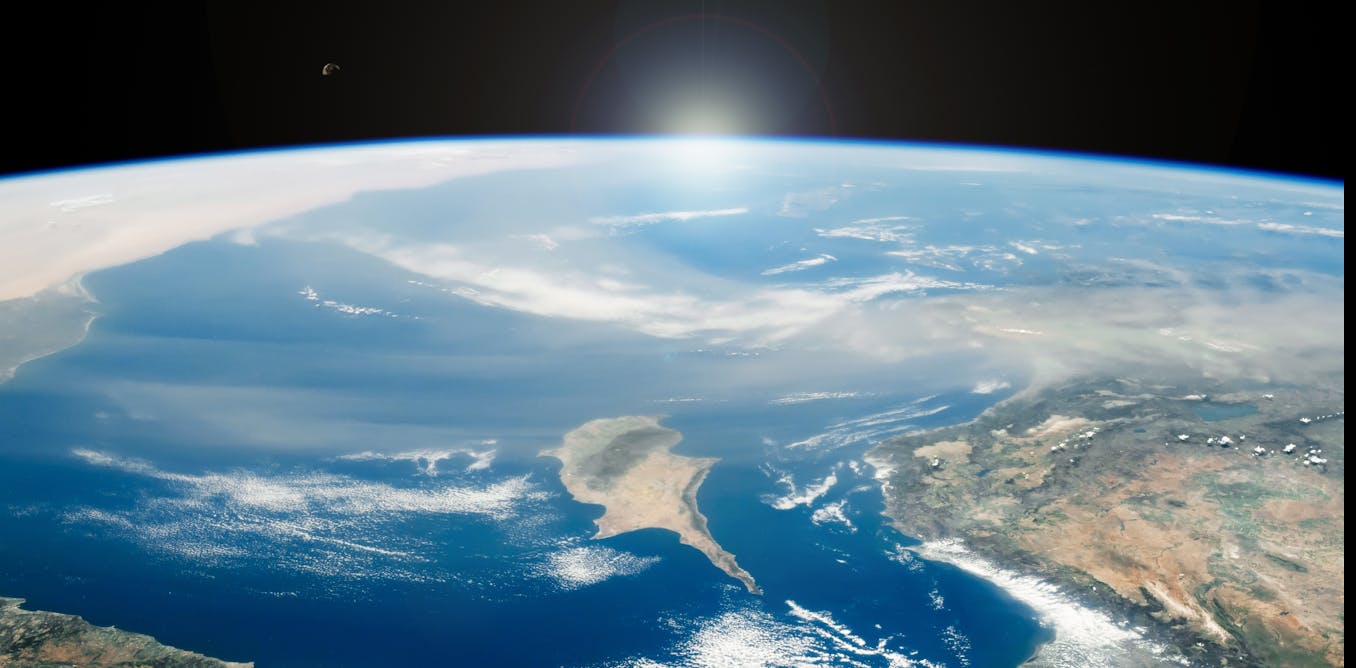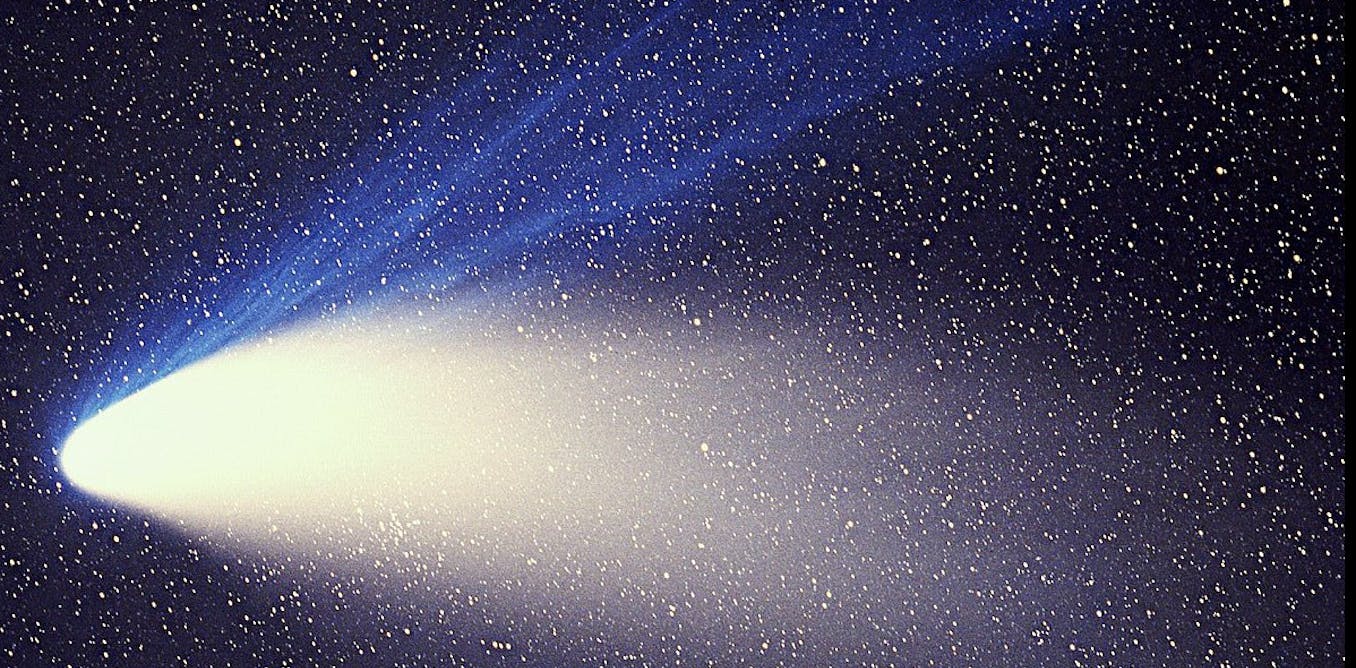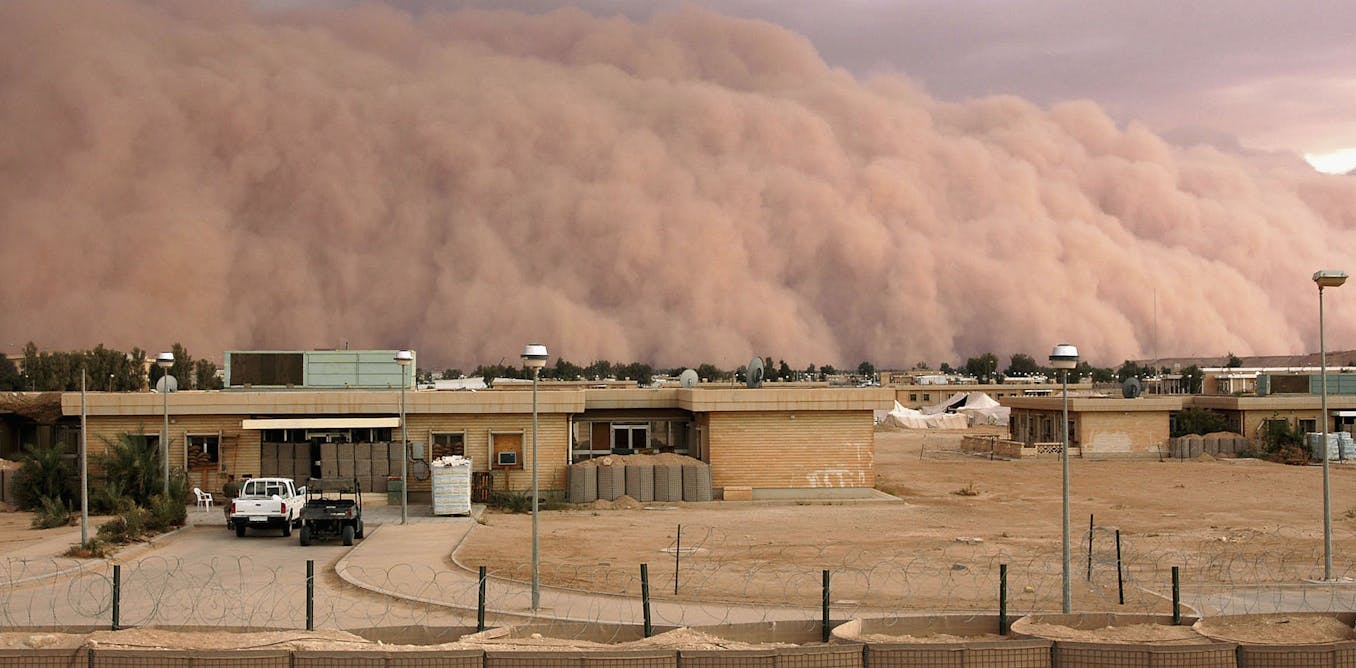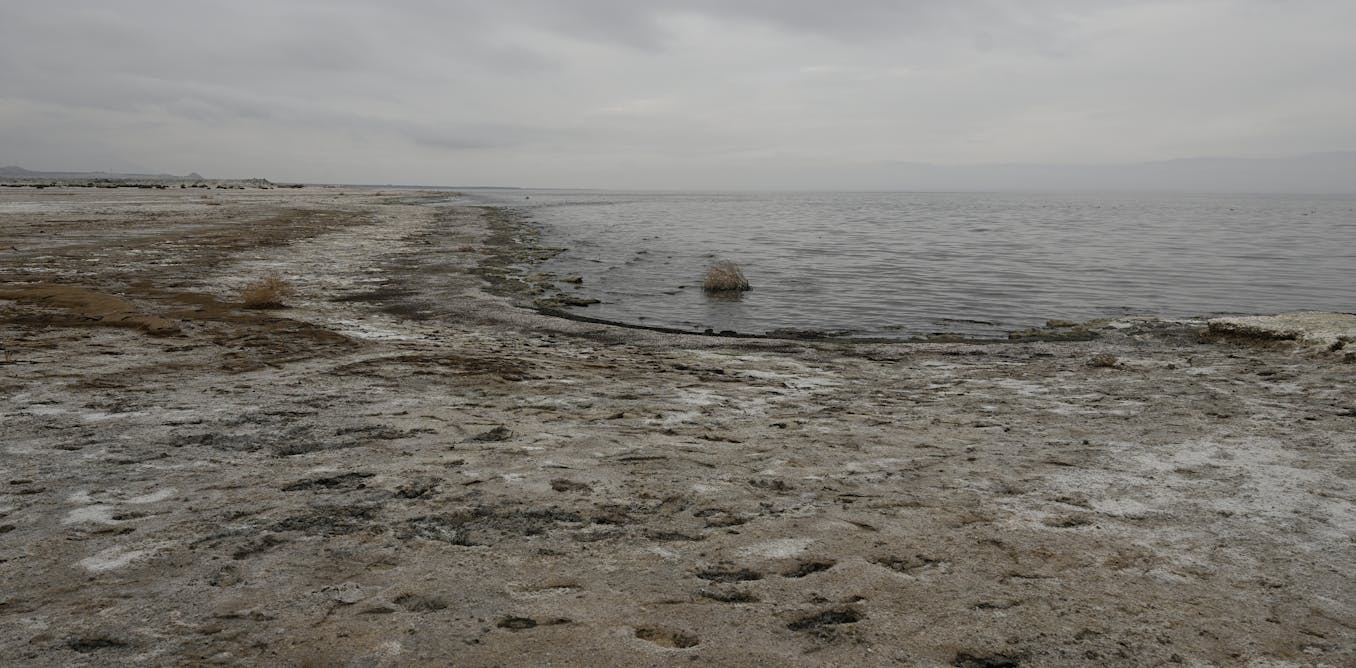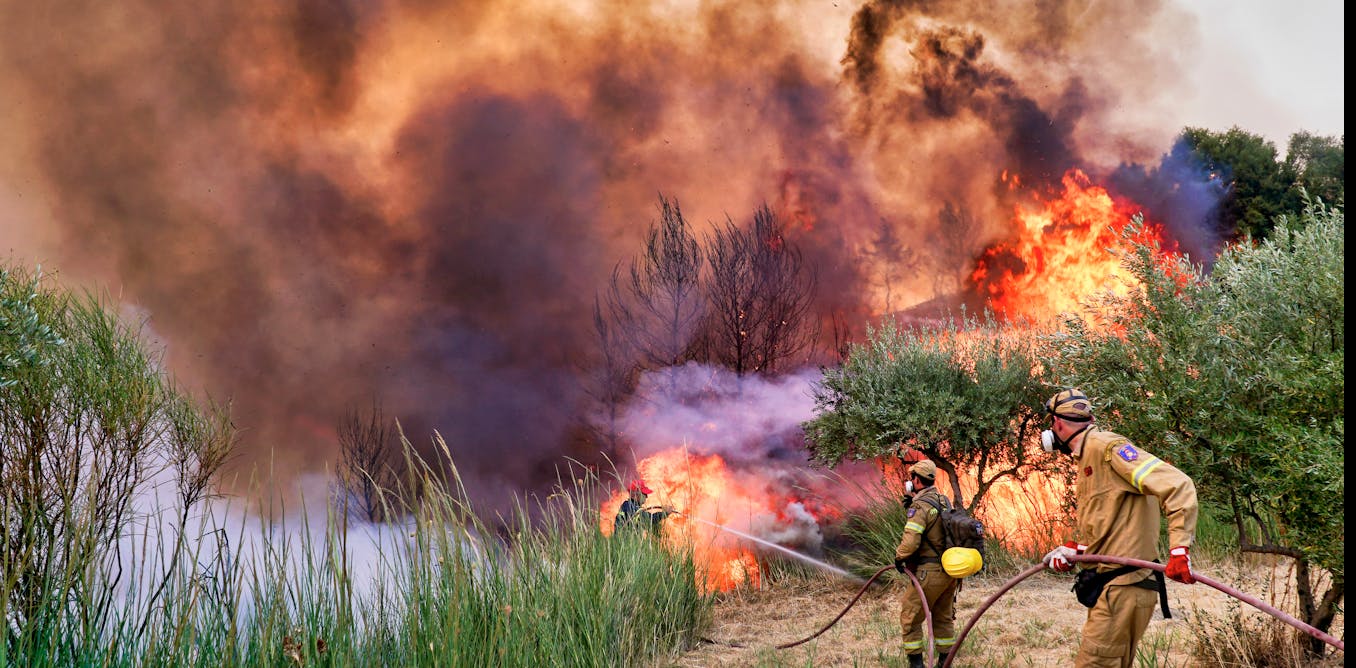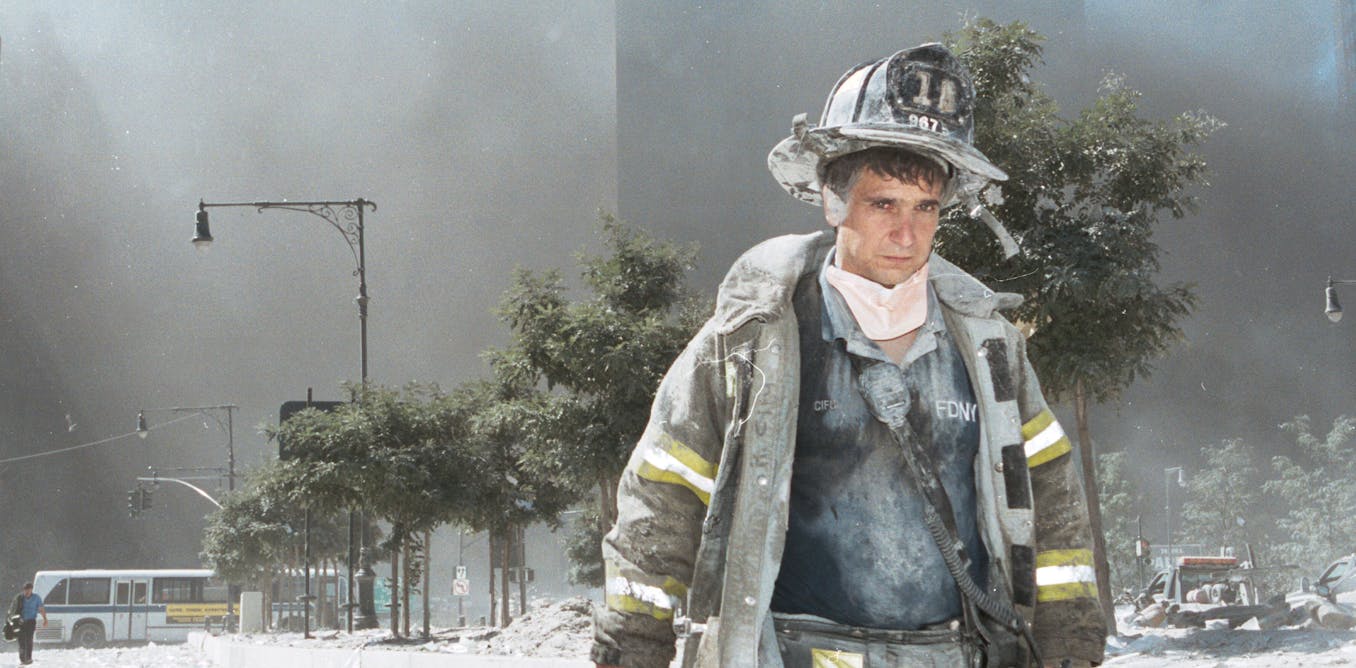Astronomers have learned lots about the universe − but how do they study astronomical objects too distant to visit?
Controlled experiments are impossible in astronomy, as are direct measurements of physical properties of objects outside our solar system. So how do astronomers know so much about them?
Oct. 12, 2023 • ~7 min
Comets 101 − everything you need to know about the snow cones of space
There’s a flurry of excitement every time a comet comes into view from Earth. But what are these celestial objects, and where do they come from?
Oct. 11, 2023 • ~8 min
Desert dust storms carry human-made toxic pollutants, and the health risk extends indoors
Desert dust storms are increasingly picking up materials like sewage, herbicides and other human-made waste and transporting them on tiny particles that are easy to inhale.
Sept. 18, 2023 • ~9 min
Human actions created the Salton Sea, California's largest lake – here's how to save it from collapse, protecting wild birds and human health
Fifty years ago, the Salton Sea was a draw for boaters and fishermen; today it’s an ecological time bomb. Two water experts who served on a state review panel describe its proposed rescue plan.
Jan. 10, 2023 • ~10 min
London Underground polluted with particles small enough to enter the human bloodstream -- new research
New research reveals that the London Underground is polluted with small particles which may carry negative health effects for humans.
Dec. 19, 2022 • ~7 min
What does Mars sound like? Rover microphone has recorded the red planet's dust devils
The first ever sound recording of a dust devil on Mars reminds us that there is a lot to learn about how they sculpt the landscape.
Dec. 13, 2022 • ~8 min
A new, lower threshold for lead poisoning in children means more kids will get tested – but the ultimate solution is eliminating lead sources
The Centers for Disease Control has announced a new, stricter standard for lead poisoning in children, which will more than double the number of kids considered to have high blood lead levels.
Nov. 5, 2021 • ~9 min
9/11 survivors' exposure to toxic dust and the chronic health conditions that followed offer lessons that are still too often unheeded
Those directly exposed to toxic dust and trauma on and after 9/11 carry with them a generation of chronic health conditions, which are placing them at higher risk during the pandemic and as they age.
Sept. 10, 2021 • ~10 min
/
2

